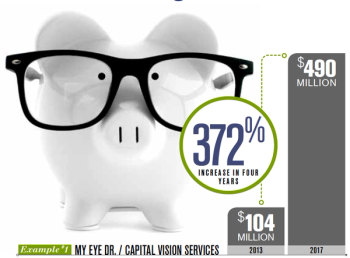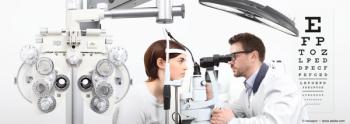
Practice Management

























Online sales aren’t going away. ODs and their staffs are able to match price and convenience, but they excel at outstanding customer service. One OD outlines how she adopted an innovative service process in her practices to improve relationships with patients.

There are certain habits that separate successful practices from unsuccessful practices. One OD explains why setting goals, writing them down, and sticking to them can make your practice more successful.

An optometric practice is worth what someone is willing to pay. ODs must plan an exit strategy well before it’s time to move on. A practice management expert offers advice.

No one else is going to explain what ODs do or how we are important to our communities. It’s our job, and no one else will do it for us.

Study groups can help their members via group discussion and sharing. If you’re looking to form or join a study group, find out what leads to success.

